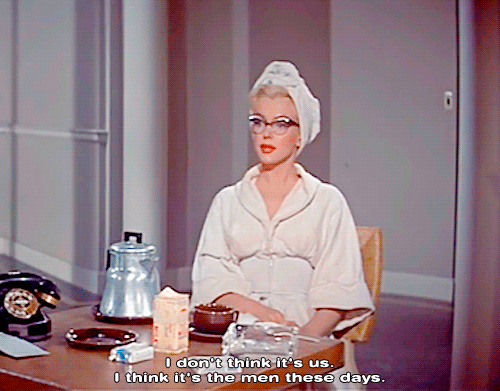Inefficient meetings today. On a geriatric or forensic unit, people are not discharged quickly. Yet we are required to have frequent meetings specifically discussing discharge anyway. The "what's happening with discharge?" portion often doesn't change: "He can't even leave the building until he has his next
Gibbs Hearing." "We won't be able to get her in anywhere as long as she's throwing urine and feces at anyone who comes into the room." We are supposed to pretend for the sake of the record and to keep the civil liberties lawyers at bay that something is actually going on, and that it is proceeding to a discharge in some orderly fashion.
It's actually not as crazy as it sounds. If you didn't make us pretend and find something that we can say we are doing, these impossible discharges would take two years instead of one, at considerable expense to the state and unfairness to the patient. Still, for someone who is just covering for three days, as I am, it is easy to contrast the way the meeting proceeds on those units with how they go on the childrens' and acute care units. In those meetings, we talk about actual discharge
stuff: Have they gotten a Bridge Program voucher to get into housing?
No. Why not?
They need a waiver because he's got a criminal record. How long will that take?
I expected it this morning, but Chip is out, and he's the only one who can do it. So tomorrow?
Probably. In the meantime, I'm going to call landlords and get an actual Nashua apartment. Nashua is a black hole for apartments, though, right?
His aunt is a realtor and he's got money up front. Praise Jesus (this said facetiously).
I did. For three minutes straight about an hour ago (said sincerely).
But on the long-term units everything eventually turns into discouraged, endless tales of how bad things were yesterday, and how irritating and disobedient the patients are. "We have this ongoing problem. Patient coffee is at 10:30. Michael comes up 20 minutes early every day and asks the staff who are preparing the 10:30 coffee and snack to get him his own coffee then goes on his privileges. So there's this cascade effect that everyone wants their coffee early because they see Michael getting it..." Just stop. This is not a Michael problem, this is a staff problem. Some staff give him coffee and the others don't want to and feel put in a bad position. Michael will always do this. (I can vouch for that because he was a year behind me in grammar school and was like this 55 years ago. Even before he tried to murder a guy at Dunkin Donuts he wanted the rules bent for him.) The supervisor will not insist that people either be flexible and live with it or stick to the rules and live with it. By numerous trails, week after week, the line staff wants the doctor, with the support of the OT, social worker, and whoever else is sitting there to
insist that a) those other inflexible bitches give coffee other than at 10:30 or b) those enabling, spineless cowards be made to stick to the 10:30 coffee time.
This repeats for all 12 patients on the team. He won't. She never. Last night he was on the phone to his wife and I told him that he couldn't talk like that to her and then he said...(six minutes of blow-by-blow pointless conversation. I focus really hard at what I can offer as an outsider coming in, and used to think that what I could bring was
clarity. I used to think it was working great, because literally everyone on the team would come up to me afterward and tell me how grateful they were that I had brought
clarity to the discussion of patients 4, 7, and 9, that they had been trying for
weeks to get across. Or (next up) the
clarity I had brought to the discussion of patients 2, 5, and 11. Which they had been trying for
weeks to get people to see. Rinse. Repeat.
But ultimately, it's one person who is dominating the complaint department, using this as her opportunity to complain about this unit's methods, or the hospital's methods, or the whole mental health system in this state, or the legislature, or attitudes in
this whole friggin' country... at which point it either becomes a complaint about Trump/Republicans/Conservatives, or occasionally
political correctness so that you can't say what is really going on...
It's easy for me to scoff, but this is just what people do when they have to manage bad situations because there really aren't any solutions. I get to see it in stark relief, because these are situations that really don't have neat solutions that people on radio and TV can pretend exist. It's just going to suck, and we might make them a little better and squeeze them into some passably better situation that costs everyone a lot less.
To do this right would cost about five times as much, and we're already one of the big-ticket items in the state budget. You get that, right?
The same inefficiencies occur in your meetings, but less obviously. It's just human nature when faced with the endlessly discouraging. The service I provide here is that if your meetings are going inefficiently, it might be victims unable to contain their narratives of how hard this all is, disguised in politer language because they know that just won't fly. But you might be able to sense that this is what is really happening underneath: a management problem disguised as a budget, recruiting, regulation, or vendor problem - because management doesn't really have a way to make this better, and it just sucks the fluoride out of the teeth of the people answering the phones or dealing with the public, or trying to train pigs to sing.








